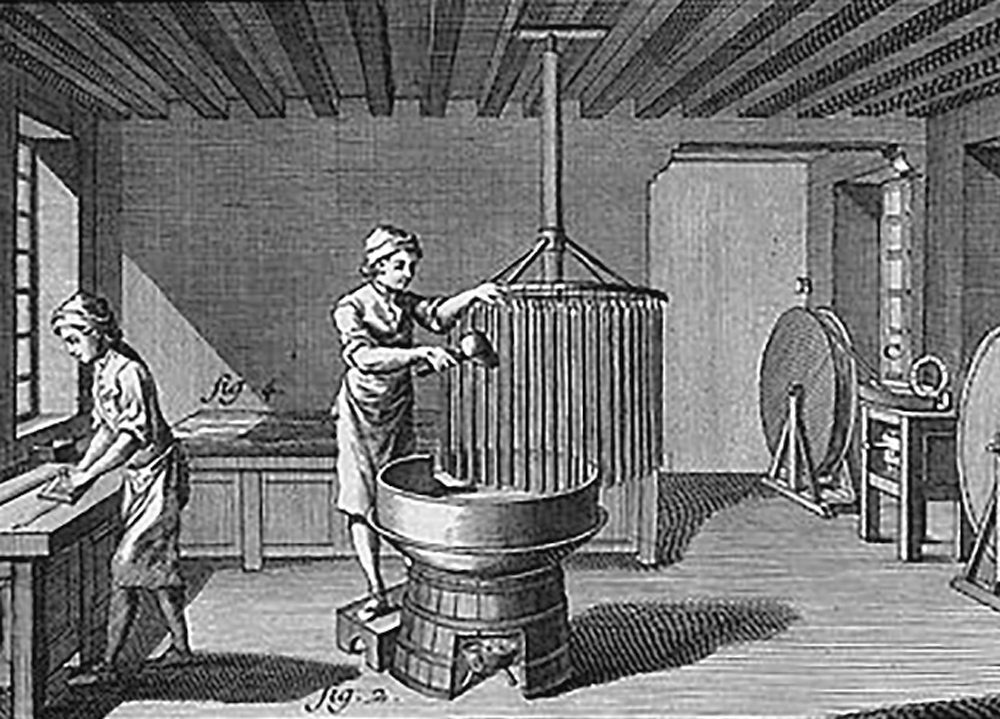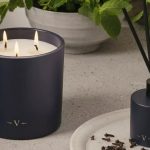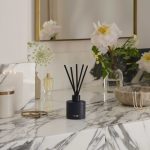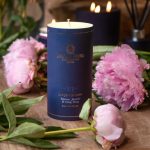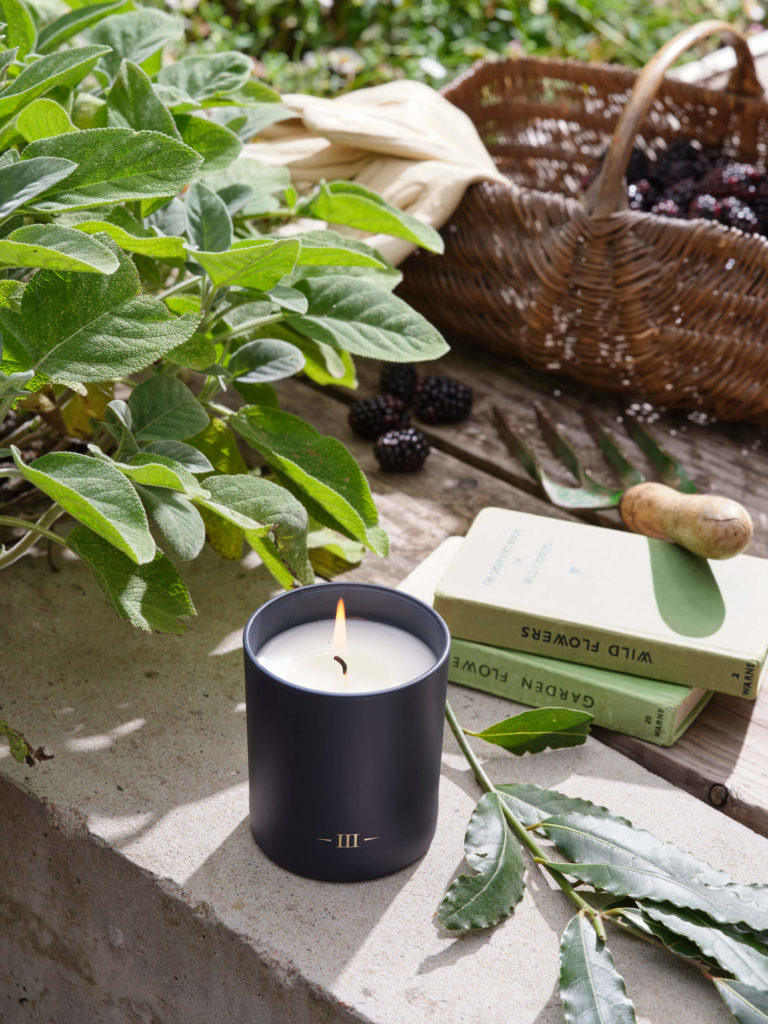Aromatherapy is a timeless art that traces back across British civilisations over the ages. From its ancient roots to its more modern-day allure, the art of aromatherapy has woven itself throughout British history, leaving a notable mark on our culture, wellness, and luxury.
So let’s explore the origins and evolution of this age-old practice in this Charles Farris blog post, and discuss the history of aromatherapy in Britain and how it has transformed our space in the years since.
- Ancient origins – the roots of aromatherapy
- Mediaeval medicinal aromatics
- A renaissance of scent
- The Victorian era
- 20th century and beyond
Ancient Origins: The Roots of Aromatherapy
Ancient civilisations recognised the power of aromatic plants, herbs, and essential oils for their profound impact on the mind, body, and spirit. In the heart of ancient Britain, a deep understanding of scent’s therapeutic nature resulted in them being used in a myriad of ways.
Aromatic rituals and healing practices
In ancient Britain, the use of aromatic plants and oils was integral in sacred rituals and healing practices. Druids, who acted as spiritual leaders of the ancient Celts, used fragrant plants in their ceremonies as they believed they could open doorways to the divine, connecting them to the spiritual realm.
Elevating the senses in daily life
Scent wasn’t limited to spiritual practice and healing, they also permeated into other aspects of ancient life, enriching the sensory experience. A famous example is the public bathhouses in ancient Rome being infused with aromatic oils which sought to create a more harmonious environment for relaxation and conversation. These same incense and perfumes filled the homes of the wealthy and noble as a symbol of prestige and wealth.
Mediaeval medicinal aromatics
From monasteries cultivating vast herb gardens for their apothecaries, to notable herbalists that wrote on the importance of the healing properties on wellbeing, the Middle Ages saw a profound development in the realm of herbal medicine, ultimately laying the groundwork for what we know aromatherapy to be today.
Essential oils and fragrant poultices played a vital role in mediaeval healthcare, used for everything from headaches to more severe maladies. During times of plague, aromatics were even believed to offer protection from infectious illness, with the famous ‘plague doctor’ figure of the 16th and 17th century filling their beak-like masks with lavender in an attempt to purify the air around them.
A renaissance of scent
Perfumes and scented products soon became symbols of luxury and social status among the elite of the British Renaissance era, intertwining with expressing one’s individuality.
Held in sophisticated glass vials known as ‘scent bottles’, the British high society would hold their precious fragrances dear to them and transform them into desirable accessories for the fashion-forward elite. As this era unfolded, British perfumers and apothecaries honed their craft, they pushed the boundaries of creativity, blending exotic spices and floral essences to create bespoke scents tailored to the ever-shifting preferences of discerning clientele.
The Renaissance saw perfumes and aromatherapy transcend their functional purpose and quickly became symbols of wealth, refinement, and sophistication, leading to its integration into the fabric of luxurious gift-giving that remains in today’s modern era.
The Victorian era
This was a time of grandeur, sophistication, and an intense fascination with scent, becoming an integral part of daily life. Perfumes became a means of self-expression and social etiquette, and served as tools of personal luxury.
Amidst this blossoming fascination, Charles Farris emerged as a visionary in the world of candle-making. Founded in the early Victorian era, Charles Farris quickly gained recognition for its commitment to crafting exceptional candles that helped to exude artistry and quality.
In doing so, Charles Farris also played a pivotal role in reintroducing the therapeutic benefits of aromatherapy to Victorian society. As the demand for scented products surged, Charles Farris committed to sourcing the finest natural ingredients and blending them with cutting-edge techniques that allowed them to create exquisite candles.
Scents gained renewed significance and appreciation during this time, with Charles Farris leaving an indelible mark on British culture. We continue to illuminate the present, with our scented candles creating an enchanting atmosphere that celebrates the art of aromatherapy in all its timeless splendour.
20th century and beyond
As the 1900s approached, aromatherapy evolved yet again into a complementary holistic practice, something that captured the imaginations of wellness enthusiasts and medical practitioners alike. In this rapidly changing world that brought with it a host of new challenges, people sought solace from the stresses of this modern world, using aromatherapy as a soothing balm for the mind, body, and spirit.
In fact, it was the 1950s that saw the coining of the term ‘aromatherapy’ by French perfumer and chemist, René-Maurice Gattefossé, who reintroduced the therapeutic properties and practical applications of essential oils.
Scent as medicine
This led to the (now well-established) scientific community to explore the various effects of aromas on the body and mind, leading to a better understanding of the relationship between scent and the brain’s limbic system, responsible for emotions and memories.
As the decades continued, aromatherapy’s holistic approach to wellness garnered widespread acclaim as more embraced its potential as a complementary medicinal aid. Essential oils then found their way into massage therapies, skincare products, and some medical settings as relief for various ailments.
This has carried on in full force into the 21st century as stress has become a prevalent health concern amongst the hustle and bustle of modern life, with aromatherapy emerging as a powerful tool to counteract it.
The likes of lavender, chamomile, and ylang-ylang essential oils gained prominence for their calming effects, and people turned to them to create tranquil work and home environs that fostered a sense of peace and balance.
Beyond relaxation, aromatherapy also demonstrated its potential to address various aspects of wellbeing, with essential oils such as tea tree and eucalyptus used for their anti-inflammatory and antiseptic properties.
Crafting exquisite scents and enhancing modern living
Charles Farris stands as a timeless torchbearer, as we artfully weave fragrances into our scented products to help elevate modern living to new heights. With a heritage steeped in candle-making since 1845, we continue to curate fragrance experiences that capture the essence of British culture and luxury.
Each scented candle from Charles Farris is a labour of love, meticulously crafted using the finest ingredients and traditional methods that create distinct scents for a calming ambiance, invigorating uplift, and a touch of opulence.
